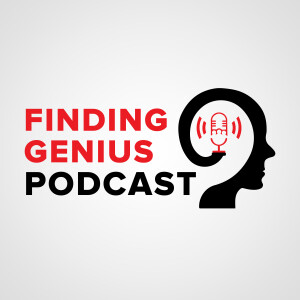
Effects of Garbage on the Environment and Ecology of Rivers with Timothy Hoellein
 2020-08-21
2020-08-21
Aquatic ecologist Timothy Hoellein studies the impact of trash on aquatic ecology and biodiversity.
He tells listeners
- How he's attempting to measure the movements of different materials in the flow of rivers,
- What are the variety of ways materials can invade an aquatic ecosystem, and
- How these studies have and may continue to influence policy by measuring environmental impacts.
Timothy Hoellein is an associate professor of biology at Loyola University in Chicago. In this podcast, he focuses on the impact and ecology of solid waste in our streams and rivers and how these findings may impact waste management policy. He works on measuring the sources, movement, and biological interactions of trash when it enters our waterways.
He explains that not only must aquatic ecologists focus on what's in the water, they also must measure the way trash moves. For example, some materials like metal, construction debris, and fabrics are pretty stable. But lighter materials and buoyant trash can travel pretty far—even as far as the ocean. Finally, many materials can be retained in the rivers and integrated into its ecology.
He also explains how litter breaks down in different ways. He adds that aquatic ecologists are less concerned about glass because it's more of an inert material and animals don't try and eat it. Plastic, on the other hand, breaks down over time and can be ingested, which is more concerning. It can harm animals in different ways, including making them feel full when they aren't.
Professor Hoellein touches on numerous other topics, from concerns over sewage overflow to methods and tools for measuring and collecting samples.
For more, see his page on Loyola's website: luc.edu/biology/hoellein.
Available on Apple Podcasts: apple.co/2Os0myK
More Episodes
Create your
podcast in
minutes
- Full-featured podcast site
- Unlimited storage and bandwidth
- Comprehensive podcast stats
- Distribute to Apple Podcasts, Spotify, and more
- Make money with your podcast
It is Free
- Privacy Policy
- Cookie Policy
- Terms of Use
- Consent Preferences
- Copyright © 2015-2024 Podbean.com






